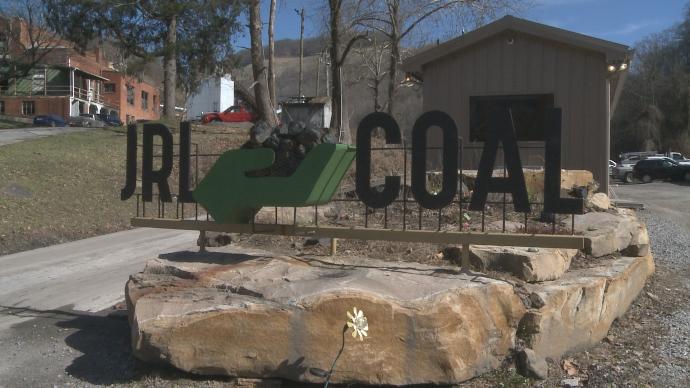Kentucky Miners See Bright Future for Coal

By Taylor Upchurch
February 14, 2019 - In Kentucky, miners explained to the Harlan County Chamber of Commerce why they believe a future still exists for coal companies in the mountains despite the industry's steady decline in past years.
In Wednesday's meeting, members expressed that Appalachia's biggest assets, hard-working miners, will keep the need alive.

JRL Coal's General Manager, John Quintrell, grew up in Georgia. He says though he is new to the area, there is one thing he knows for sure. Harlan County coal is different.
"This is some of the cleanest coal that there is," Quintrell said.
He says the outlook for the county's coal looks promising. His company alone hired 253 employees and 42 work for other companies who partner with JRL for distribution.
"That's payroll. That's taxes. It's just great for Harlan County to see this 'boom' of JRL Coal," Geoff Marietta, the chamber of commerce's president said.
Both men say while mining towns are struggling, there is still hope.
"We would not be telling the truth if we said that there weren't going to be some struggles," Quintrell said.
He told members people living in the region depend on coal and they are blessed to have workers who have what it takes to dig it out of the ground.
"John said it best," Marietta said. "The number one asset that Eastern Kentucky has are the hardest working people in the country, the grippers."
With two locations for miners to actively mine on and several shops, JRL Coal hopes to create a future for families.
"We feel like there is a lot of opportunity," Quintrell said. "We've got some contracts going out to three, possibly five, years here soon."
"I don't get into politics and I don't even watch the news. But we are here to try to take care of these people and try to produce and take care of the people in the company as well as the people who work for us," Quintrell said.
Though coal is mostly produced for power generation, he says industrial and specialty market needs will help companies, like his own, survive in Eastern Kentucky.

